The concept of time travel has long fascinated humanity, blending science fiction with theoretical physics in ways that challenge our understanding of causality. Among the most intriguing aspects of this discourse is the time travel paradox, a phenomenon where altering past events could create inconsistencies or even catastrophic consequences for the future. This idea has inspired not only countless works of fiction but also strategic games that explore the delicate balance of changing history without unraveling existence itself.
At the heart of these paradoxes lies the grandfather paradox, which posits that if a time traveler were to kill their own ancestor before they had children, the traveler would never be born—thus making the act impossible. This self-contradictory loop forces us to question whether history is immutable or if alternate timelines can branch out from every decision. Games built around this premise often task players with navigating these complexities, where every choice ripples through time in unpredictable ways.
One of the most compelling elements of time travel strategy games is their ability to simulate butterfly effects. A seemingly minor alteration in the past might snowball into a drastically different future, forcing players to think several steps ahead. Unlike traditional strategy games where resources or territory are the primary concerns, these games demand a deeper consideration of consequences. The player becomes both architect and destroyer of realities, weighing short-term gains against long-term stability.
The narrative potential of such games is immense. By allowing players to rewrite history—saving or dooming civilizations, preventing or causing wars—they engage with moral and philosophical questions rarely explored in other genres. What responsibility does a time traveler bear for the lives they alter? Is it ethical to erase certain events if it leads to a "better" future? These dilemmas are woven into gameplay, making victories feel bittersweet and losses profoundly thought-provoking.
From a design perspective, crafting a time travel strategy game presents unique challenges. Developers must create intricate systems where actions in one era logically affect another, all while maintaining internal consistency. Some games employ parallel timeline mechanics, letting players jump between different versions of history to solve puzzles or undo mistakes. Others enforce strict cause-and-effect chains, where every decision locks off certain possibilities while opening new ones.
The appeal of these games extends beyond mere entertainment; they serve as interactive thought experiments. Players confront the same questions that physicists and philosophers debate: Is time linear or branching? Are we bound by predestination, or do we have free will to reshape reality? The interactive nature of games makes these abstract concepts tangible, allowing players to "test" theories through trial and error in a virtual environment.
As technology advances, so too does the sophistication of time travel games. Early titles relied on text-based narratives or simple graphics, but modern iterations feature sprawling 3D worlds where every NPC has a timeline that can be altered. Some games even incorporate procedural generation, ensuring that no two playthroughs result in the same historical outcomes. This unpredictability mirrors the chaos theory at the core of time travel paradoxes, where precision is impossible and adaptability is key.
Interestingly, these games often reveal more about human nature than about time itself. When given the power to change history, players frequently repeat the same mistakes—prioritizing personal desires over global consequences or underestimating the fragility of societal structures. In this way, time travel strategy games become mirrors, reflecting our own world's complexities and the unintended repercussions of our actions.
The genre also blurs the line between single-player and multiplayer experiences. Some games allow cooperative time manipulation, where teams must coordinate changes across different eras to achieve shared goals. Others pit players against each other in temporal warfare, with one side striving to preserve the timeline while another seeks to rewrite it. These dynamics introduce layers of strategy reminiscent of chess, but with the added dimension of evolving game boards.
Looking ahead, the intersection of time travel paradoxes and gaming promises even more innovative experiences. Virtual reality could immerse players in historical settings where their every movement alters the course of events. Artificial intelligence might generate dynamic timelines that react organically to player interventions rather than following predetermined scripts. The potential is as limitless—and as fraught with paradoxes—as time travel itself.
Ultimately, time travel strategy games offer more than escapism; they provide frameworks for grappling with the weight of history and the uncertainty of the future. Whether through heartbreaking choices where no outcome is ideal or triumphant moments where clever temporal manipulation averts disaster, these games remind us that every second counts—and that changing even one can change everything.

By /Jul 3, 2025

By /Jul 3, 2025

By /Jul 3, 2025
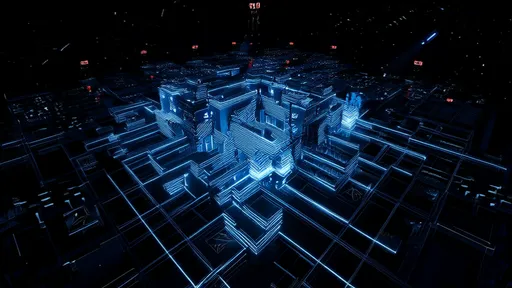
By /Jul 3, 2025
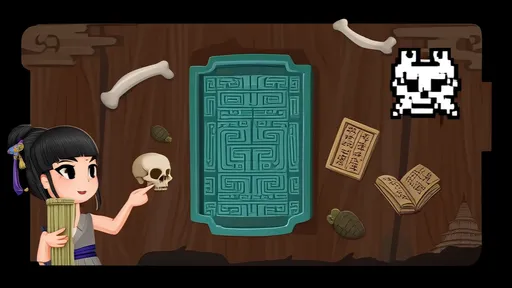
By /Jul 3, 2025
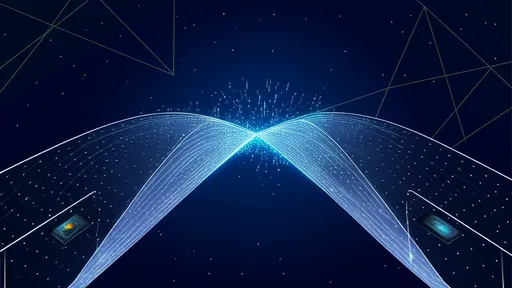
By /Jul 3, 2025
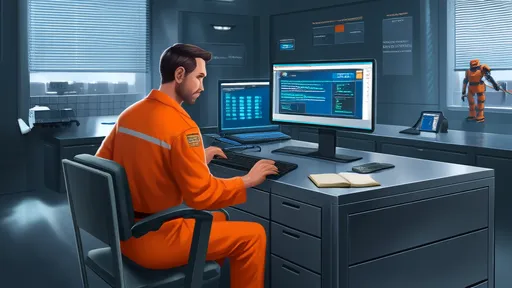
By /Jul 3, 2025

By /Jul 3, 2025

By /Jul 3, 2025

By /Jul 3, 2025
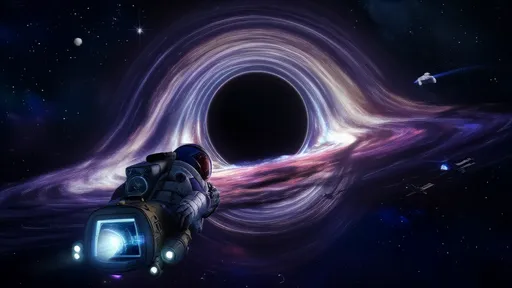
By /Jul 3, 2025
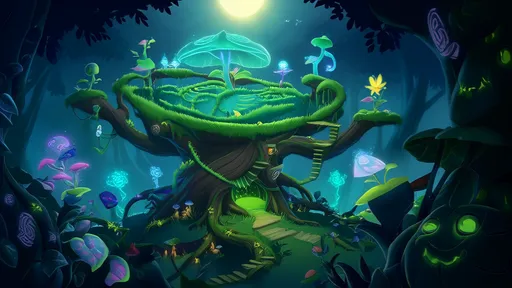
By /Jul 3, 2025

By /Jul 3, 2025
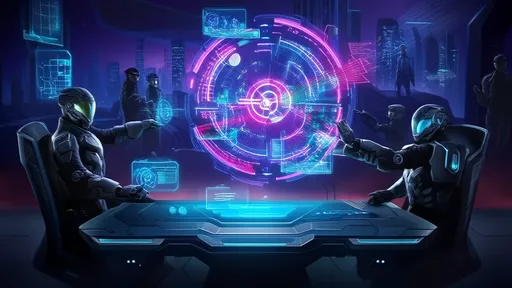
By /Jul 3, 2025

By /Jul 3, 2025

By /Jul 3, 2025

By /Jul 3, 2025
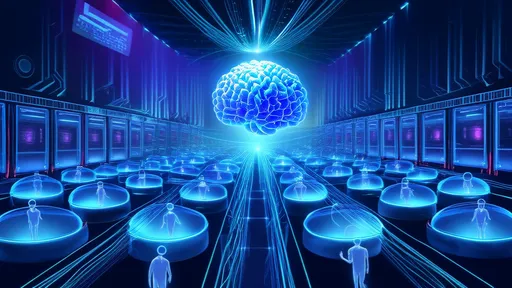
By /Jul 3, 2025